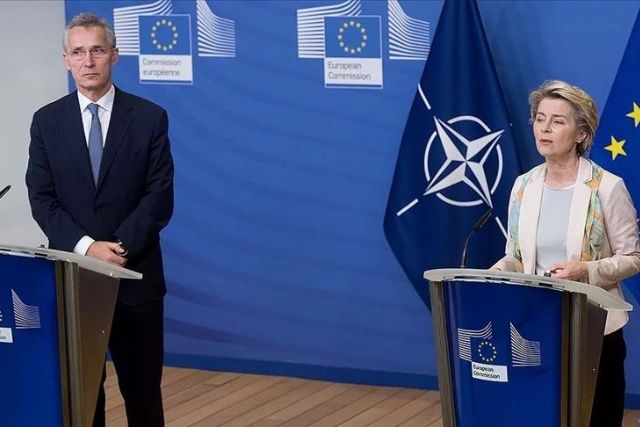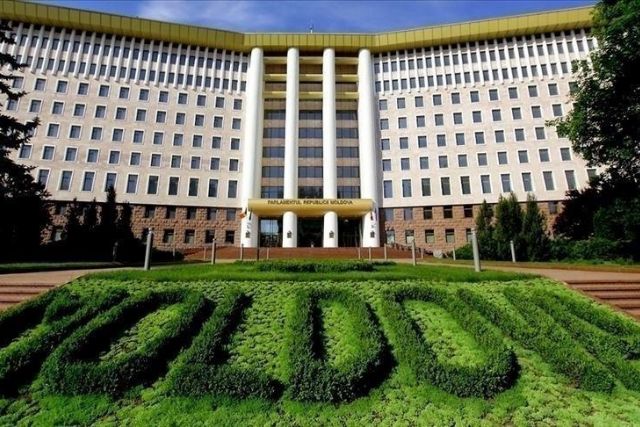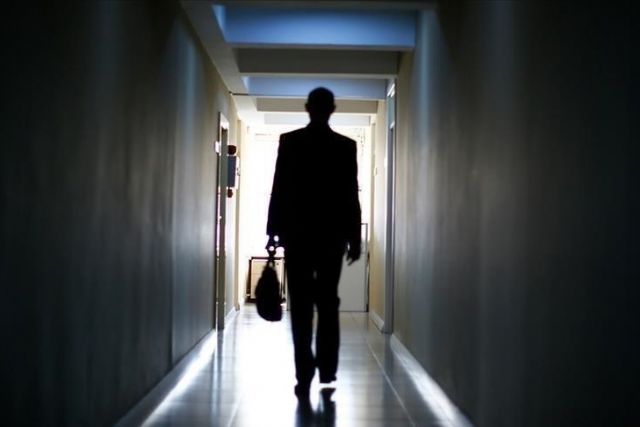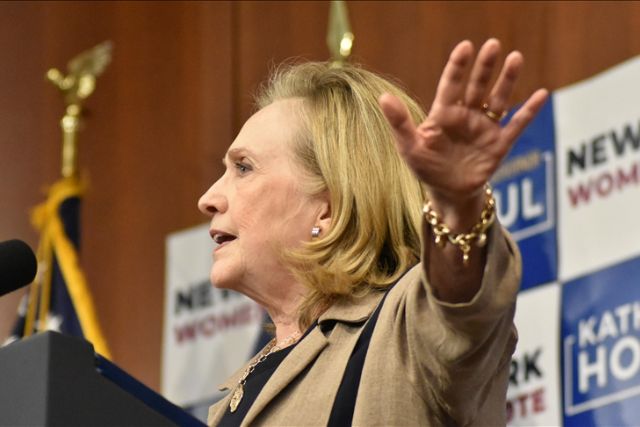EU, NATO must boost cooperation to counter hybrid threats: EU official
Top EU, NATO officials travel to Lithuania to discuss migration crisis at Belarus border in solidarity with governments

BRUSSELS
The EU and NATO must boost their cooperation "to the next level" to be able to respond to new threats like the recent migrant crisis at the bloc's border with Belarus, the head of the European Commission said on Sunday.
Ahead of a foreign ministers meeting of NATO countries starting on Tuesday in Latvia's capital Riga, European Commission President Ursula von der Leyen and NATO Secretary-General Jens Stoltenberg visited Lithuania to discuss the latest developments in the crisis and to show solidarity with the Lithuanian government.
"Today, we discussed how we could step up our joint work between NATO and the European Union, including through a new joint declaration because we are stronger and safer when we work together," Stoltenberg said at a joint press conference with von der Leyen, as well as Lithuania's President Gitanas Nauseda and Prime Minister Ingrida Simonyte.
"Lukashenko has failed in his bid to undermine our unity and solidarity. We are facing down his hybrid attack all together," von der Leyen added, referring Belarusian President Alexander Lukashenko.
Talking about the EU-NATO partnership, she underlined that "as hybrid threats are getting more acute, we need to take our cooperation to the next level" since "our opponents do not shy away from" launching such forays against the EU and NATO as cyberattacks, disinformation campaigns, or the migrant crisis, which the bloc accuses Lukashenko of orchestrating.
Von der Leyen praised the "very efficient cooperation" between the EU and NATO in response to disinformation, explaining that NATO and EU officials were in contact to prevent the spread of false information, to block foreign interference, and counter anti-EU and anti-NATO propaganda in the region.
She and Stoltenberg will move on to Latvia later on Sunday to hold talks on the same subject with Latvian Prime Minister Arturs Krisjanis Karins.
NATO foreign ministers will gather in Riga on Tuesday for a two-day conference to discuss the most pressing security issues, including Russia's continued military build-up in and around Ukraine, as well as the situation in Georgia and the Western Balkans.
EU countries bordering Belarus -- Lithuania, Latvia, and Poland -- have reported a dramatically growing number of irregular crossings since August.
Over 8,000 people have tried to enter the bloc via the Belarus-EU border so far this year, up sharply from just 150 last year.
According to the EU, the Belarusian regime reached out to potential travelers via seemingly official channels and invited them to Belarus by offering visas and guiding them to the EU border.
NATO and the EU consider Belarus' approach towards migrants a hybrid attack meant to destabilize and undermine security in European countries through non-military means.
The EU accuses Lukashenko of seeking revenge against EU sanctions imposed on his regime over human rights violations related to a crackdown on protests against last years' allegedly rigged presidential elections, the forced diversion to Minsk of a commercial flight in June, and the detention of Belarusian journalist Raman Pratasevich.





